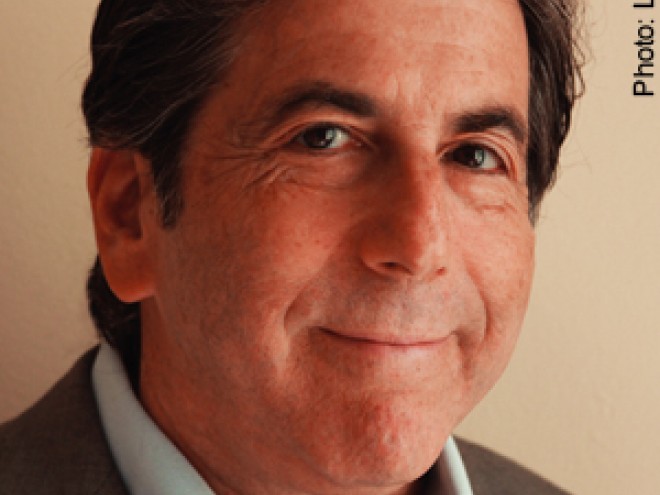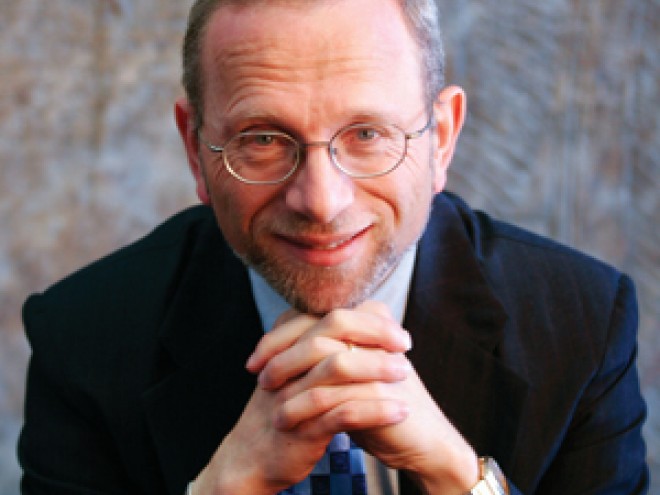 The Darkest Hour is an alternate history, a psychological study, and a thriller all rolled into one fantastic book. It begins with Germany having defeated Europe and now the occupier of Great Britain in 1946. The protagonist is a London police sergeant, John Henry Rossett, a highly decorated British war veteran, who is assigned to the Office of Jewish Affairs, a branch of the SS. He fools himself into believing the false propaganda that his job is to round Jews up for deportation to France as farm laborers. He is a good man who assists evil until he finds a young Jewish child, Jacob, hiding in an abandoned building. Hoping to salvage his soul and gain redemption, Rossett becomes determined to save this innocent boy. The novel takes off from here where the reader is exposed to a moralistic thread in a plot that is action-packed and gripping.
The Darkest Hour is an alternate history, a psychological study, and a thriller all rolled into one fantastic book. It begins with Germany having defeated Europe and now the occupier of Great Britain in 1946. The protagonist is a London police sergeant, John Henry Rossett, a highly decorated British war veteran, who is assigned to the Office of Jewish Affairs, a branch of the SS. He fools himself into believing the false propaganda that his job is to round Jews up for deportation to France as farm laborers. He is a good man who assists evil until he finds a young Jewish child, Jacob, hiding in an abandoned building. Hoping to salvage his soul and gain redemption, Rossett becomes determined to save this innocent boy. The novel takes off from here where the reader is exposed to a moralistic thread in a plot that is action-packed and gripping.
Elise Cooper: This book is a powerful reminder of how easily people will do terrible things to survive. Do you agree?
Tony Schumacher: I got the idea from a documentary on television. It showed a photograph from World War II of an English policeman in the Channel Islands, just off the coast of France, occupied by the Germans. This policeman was holding a car door open for a German officer, and both he and the German officer were smiling. It was a propaganda picture taken by the Germans to show they weren’t such bad guys. When I saw the photo, I was momentarily angry with the policeman. I’d been a policeman for ten years, and to me, this officer had disgraced the uniform. But almost immediately, I realized I couldn’t think like that. This guy was probably told “Open that door and smile. If you don’t, you’ll get shot. So, open the door.” And to stay alive, he’d done what he was told to do. After all, he might have a family at home and wanted to live. So I began wondering what I would have done in that circumstance. Once you cross that line, it begins to recede. Each time you’re told to do something abhorrent, that line moves back a bit more. You compromise your values, your integrity. And you have to weigh how much you want to stay alive against doing something you find despicable.
EC: Is Kate, your female main character, based on the above analogy?
TS: Yes. She was a double spy, who did work for the Nazis, and gave them information. Actually, I think she worked for herself. She was interested in her own situation until the boy Jacob came into her life. He affected her with his innocence and pure trust.
EC: Would you classify The Darkest Hour as an alternate history?
TS: I did base it on reality: the German occupation of France during World War II. Many French did not rise up and went along to get along. I wanted to explore that from the English point of view. There is the main character, Rossett, saying he was just doing his job and didn’t know. I played off the statements made by many Germans after the war that said they never knew what was happening. They just pretended that they didn’t know, and lied to themselves. How could they not know, living just beyond the trees of the concentration camps?
EC: Can you discuss Rossett and Jacob’s relationship?
TS: I had a number of scenes where Jacob takes John Henry Rossett’s hand. The readers know it is “dirty,” but Jacob believes John will do the right thing by him. I get the sense readers want to hate John, but might not because of Jacob’s view of him. Jacob becomes Rossett’s guardian angel, giving him some of his soul back, forcing him to explore within himself. Although Jacob is a character who does not speak a lot in the book, he is a thread through the whole story. Jacob made John recognize and confront that monster inside of himself. John carried a lot of guilt and was tortured by his own actions of doing nothing.
EC: Did you base the German SS Officer, Ernst Koehler, on anyone you knew?
TS: I had a lot of different jobs in my life. One in particular influenced me with this character. When I worked on a cruise ship in the 1960s, in the gift shop there was this Japanese guy who would come in almost every day, speaking broken English. I asked him where he learned English and he told me he was a guard on the Burma Railway, called “The Death Railway.” The British POWs were forced to build it and were beaten, starved, and tortured. This guy poked me in the chest because I thought of him as such a nice guy. His “‘niceness’” made me think of Koehler. People might like him on the surface and think of him as charming, but in reality he is a killer, a nightmare.
EC: Did you draw upon any of your other job experiences?
TS: Being a cop was definitely one. It’s easy to write about how people react to a policeman when you’ve been one. I dipped heavily into those experiences. I worked at a garbage dump for a while, and met an eclectic group of people there. Actually, I think I’ve drawn from every job I’ve ever had. I’ve had jobs that are looked down upon, and others that are respected. I’ve tried to take something from every one of them for my writing. The main thing is, I’ve tried to make my characters real people.
 EC: What do you want the readers to get out of the book?
EC: What do you want the readers to get out of the book?
TS: Obviously good entertainment. But also, I want them to explore themselves as much as the characters in the book did, to look within. They should ask themselves what would they have done? If someone does one good action does that nullify all the bad things they have done before? Personally, I do not think so, since they are still stained.
EC: Can you give a heads-up about your next book?
TS: It is a sequel. The theme is what would you do for a friend even though they are evil. It is more about the struggles of individuals. A lot of questions will be answered. Unfortunately that is all I can say without giving up more of the plot of this book.
Elise Cooper lives in Los Angeles and has written numerous national security articles supporting Israel. She writes book reviews and Q and A’s for many different outlets including the Military Press. She has had the pleasure to interview bestselling authors from many different genres.
Related Content:
- The Plot Against America by Philip Roth
- The Last Flight of Poxl West: A Novel by Daniel Torday
- Reading List: Paris, France, and French Jews



